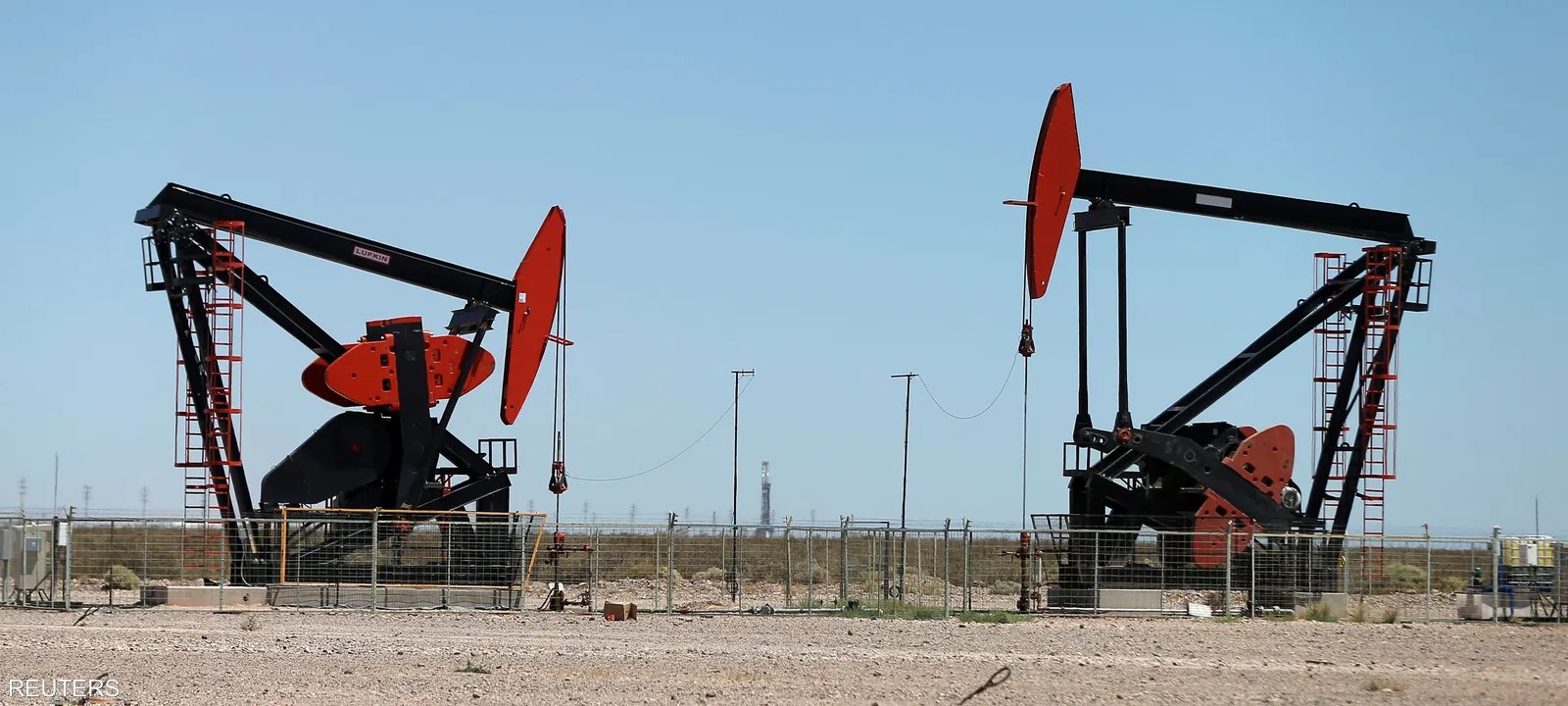Oil prices rose in early trading on Tuesday amid heightened tensions in the Middle East after Israel's military chief of staff said his country would respond to Iran's weekend missile and drone attacks, amid calls for restraint from allies.
price movement
Brent crude futures for June delivery were up 58 cents, or 0.64 percent, at $90.68 a barrel by 0519 GMT. U.S. crude futures for May delivery were up 58 cents, or 0.68 percent, at $85.99 a barrel.
Oil prices ended lower on Monday after Iran's attack on Israel over the weekend proved less damaging than expected, initially easing fears of a rapidly escalating conflict that could disrupt crude supplies.
The attack, which Iran described as retaliation for an airstrike on its consulate in Damascus, caused only minor damage, with Israel's Iron Dome defence system shooting down the rockets.
But a government source said Israeli Prime Minister Benjamin Netanyahu on Monday convened his war cabinet for the second time in less than 24 hours to discuss how to respond to Iran’s first direct attack on Israel. That has raised concerns in the market that retaliatory measures could affect oil supplies.
Iran produces more than three million barrels of crude oil per day and is a major producer in the Organization of the Petroleum Exporting Countries (OPEC).
Both benchmarks rose on Friday on expectations of an Iranian retaliatory attack, with prices hitting their highest levels since October.
In China, the world's largest oil importer, official GDP figures due out Tuesday are expected to show growth slowing to 4.6 percent year-on-year from 5.2 percent in the previous three months.
This will continue to pressure policymakers to unveil more economic stimulus measures that could boost oil prices.







































